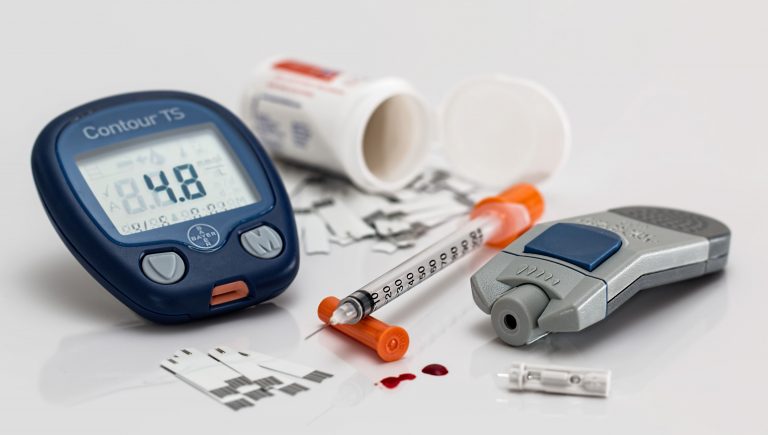Webinar Duration: 60 minutes
RECORDED: Access recorded version only for one participant; unlimited viewing for 6 months (Access information will be emailed 24 hours after the completion of payment)
SPEAKER: Elisa Harvey
OVERVIEW:
An Humanitarian Use Device (HUD) is a device that is intended to benefit patients by treating or diagnosing a disease or condition that affects or is manifested in fewer than 4,000 individuals in the United States per year. A device manufacturer`s research and development costs could exceed its market returns for diseases or conditions affecting small patient populations. The HUD provision of the regulation provides an incentive for the development of devices for use in the treatment or diagnosis of diseases affecting these populations.
To obtain approval for an HUD, an humanitarian device exemption (HDE) application is submitted to FDA. An HDE is similar in both form and content to a premarket approval (PMA) application, but is exempt from the effectiveness requirements of a PMA. An HDE application is not required to contain the results of scientifically valid clinical investigations demonstrating that the device is effective for its intended purpose. The application, however, must contain sufficient information for FDA to determine that the device does not pose an unreasonable or significant risk of illness or injury, and that the probable benefit to health outweighs the risk of injury or illness from its use, taking into account the probable risks and benefits of currently available devices or alternative forms of treatment. Additionally, the applicant must demonstrate that no comparable devices are available to treat or diagnose the disease or condition, and that they could not otherwise bring the device to market.
An approved HDE authorizes marketing of the HUD. However, an HUD may only be used in facilities that have established a local institutional review board (IRB) to supervise clinical testing of devices and after an IRB has approved the use of the device to treat or diagnose the specific disease. The labeling for an HUD must state that the device is an humanitarian use device and that, although the device is authorized by Federal Law, the effectiveness of the device for the specific indication has not been demonstrated. This webinar will provide a detailed discussion for understanding the definition of a humanitarian device, the criteria for a HUD, and pre- and post-market requirements for HDEs.
Why should you Attend: You should attend because understanding how and whether HDEs and HUDs are possible for your device could help with optimizing your company’s regulatory strategy.
Areas Covered in the Session:
– Definition of a humanitarian use device
– Criteria for a HUD
– HDE pre-requirements
– HDE post-market requirements
Who Will Benefit:
– Regulatory Affairs Professionals
– Staff with responsibility for preclinical testing of medical devices
– All companies developing
– Manufacturing and marketing medical devices in the US
SPEAKER PROFILE:
Elisa Harvey is a Senior Regulatory Consultant at CardioMed Device Consultants. She provides clinical, preclinical and regulatory consulting services for the medical device industry. Dr. Harvey brings extensive scientific and regulatory experience to assist at every step of the device development plan from early animal testing to clinical trial planning and regulatory submission strategy.
Prior to joining CardioMed, Dr. Harvey worked for more than ten years in FDA’s Office of Device Evaluation (ODE) within the Center for Devices and Radiological Health. She began as a reviewer in the Obstetrics and Gynecology Devices Branch. Later she became Chief of the Peripheral Vascular Devices Branch with the Division of Cardiovascular Devices. In this position she oversaw the review and approval of a wide variety of devices including peripheral and carotid stents, vena cava filters, stent-grafts for the treatment of thoracic and abdominal aortic aneurysms, and numerous other catheter-based technologies. Her most recent position at FDA was overseeing the Investigational Device Exemption (IDE) and Humanitarian Device Exemption (HDE) Programs in ODE. Here she directed regulatory policy for IDEs and HDEs, and managed ODE’s growing pre-IDE program, which has become an invaluable part of the device development plan.
Dr. Harvey’s diverse background includes basic and clinical research, and clinical veterinary experience. She has extensive experience in review and approval of preclinical animal protocols, feasibility and pivotal clinical study protocols, and optimizing pre-IDE packages in order to maximize the effectiveness of meeting with the Agency in the pre-IDE phase.
Prior to her work at FDA, Dr. Harvey practiced veterinary medicine full time for several years. She earned her Bachelor’s degree in biology at Mary Washington College, her Master’s and Ph.D. degrees in zoology and reproductive physiology respectively at the University of Connecticut, and her veterinary medical degree from Tufts University.



